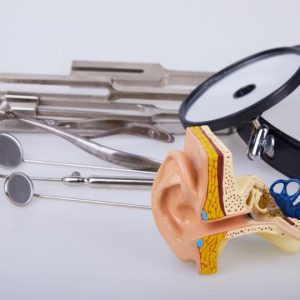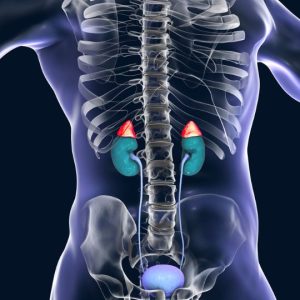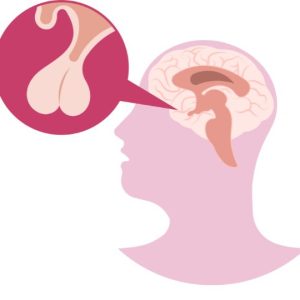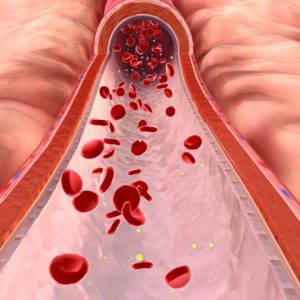- :+91 - 89402 62058, +91 76392 89213
- Agilkarai Street, Tirumayam, Tamil Nadu 622507
ENT, which stands for Ear, Nose, and Throat, refers to a branch of medicine that specializes in the diagnosis and treatment of disorders and conditions affecting the ears, nose, throat, as well as related structures of the head and neck. Medical professionals specializing in this field are called Otolaryngologists or ENT doctors.

Diabetes Mellitus
Diabetes Mellitus is a chronic medical condition characterized by elevated levels of blood sugar (glucose) resulting from defects in insulin secretion, insulin action, or both. Insulin, a hormone produced by the pancreas, plays a crucial role in regulating blood sugar by facilitating the uptake of glucose into cells

Thyroid Disorders
Thyroid disorders involve dysfunction of the thyroid gland, a butterfly-shaped organ located in the front of the neck. The thyroid gland produces hormones (thyroxine or T4 and triiodothyronine or T3) that play a crucial role in regulating metabolism, growth, and the body's energy levels. Common thyroid disorders include

Adrenal Disorders
Adrenal disorders refer to conditions that affect the adrenal glands, which are small, triangular-shaped glands located on top of each kidney. These glands play a crucial role in producing hormones that regulate various bodily functions

Pituitary disorders
Pituitary disorders involve dysregulation of the pituitary gland, a small pea-sized gland located at the base of the brain. The pituitary gland is often referred to as the "master gland" because it plays a crucial role in regulating various hormones that control other endocrine glands throughout the body

Hormone Replacement Therapy (HRT)
Hormone Replacement Therapy (HRT) is a medical treatment involving the use of hormones to supplement or replace hormones that the body may no longer produce in sufficient quantities. This therapy is commonly used to manage symptoms associated with hormonal deficiencies, particularly in conditions such as menopause or certain endocrine disorders

Reproductive Endocrinology
Reproductive endocrinology is a subspecialty of obstetrics and gynecology that focuses on the study and management of hormonal functions related to reproduction. Reproductive endocrinologists are medical professionals who specialize in the diagnosis and treatment of hormonal disorders affecting the reproductive system.

Osteoporosis
Contrary to popular belief, Lorem Ipsum is not simply random text. It has roots in a piece of classical Latin literature from 45 BC, making it over 2000 years old. Richard McClintock, a Latin professor at Hampden-Sydney College in Virginia, looked up one of the more obscure Latin words, consectetur, from a Lorem Ipsum passage, and going through the cites of the word in classical literature, discovered the undoubtable source.

Pituitary Gland Disorders
Pituitary gland disorders involve dysregulation of the pituitary gland, a small gland located at the base of the brain. This gland is often referred to as the "master gland" because it plays a crucial role in regulating various hormones that control other endocrine glands throughout the body. Disorders of the pituitary gland can result from tumors, genetic factors, or other conditions

Lipid Disorders
Lipid disorders, also known as dyslipidemia, refer to conditions characterized by abnormal levels of lipids (fats) in the blood. Lipids include cholesterol and triglycerides, and their balance is crucial for maintaining cardiovascular health. Common lipid disorders i

